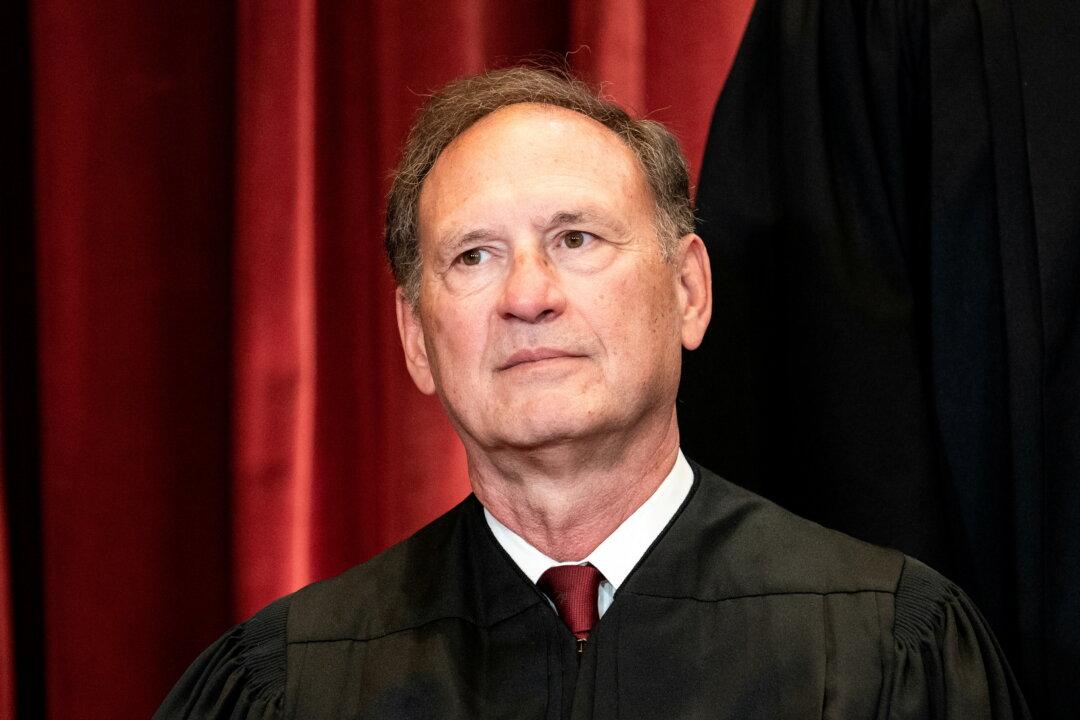The U.S. Supreme Court refused on March 21 to hear an appeal from a Christian mission that argued it can’t be forced to hire someone who disagrees with its beliefs, although two conservative justices left open the possibility of revisiting the case, which is still in progress before a lower court.
The case is Seattle’s Union Gospel Mission v. Woods, court file 21-144.





